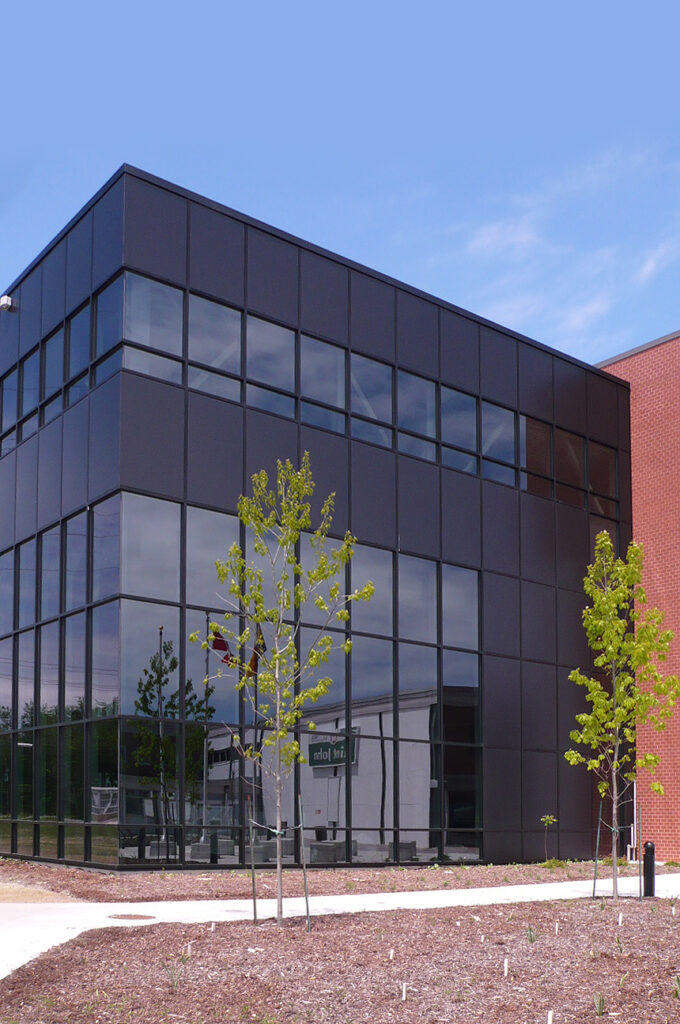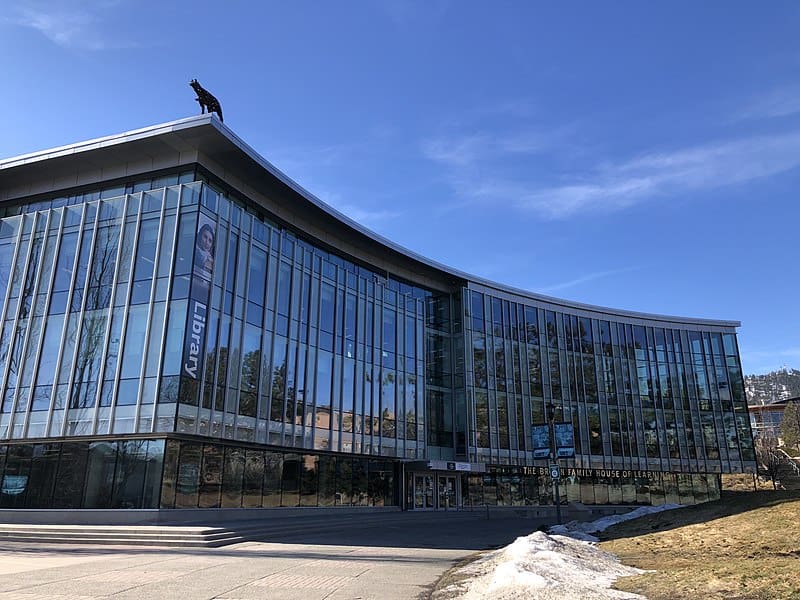Studying abroad has many well-known benefits. Whether you’re interested in improving your future earning potential, opening new career paths, or studying with some of the brightest minds in your field, becoming an international student can change your future in exciting ways. Check out the Canadian short-term study options below to see if one of them is a match for your goals.
Fortunately, there’s never been a better time to study abroad. Program offerings available to international students are becoming more diverse. So are the certification options you can pursue. Some students choose to study abroad for a semester in an intensive English course; others may take a few years to complete a research-based master’s degree. There are many great options available for students who want to study abroad for one to two years, too.
Below, we’ll share some Canadian short-term study options with a standard completion time of two years or less that are suitable for students in postsecondary study for the first time.
Prefer to explore post-graduate courses? Check out our post on Canadian upskilling programs.

Image Credit: Amandajardine, CC BY 3.0, via Wikimedia Commons
New Brunswick Community College
Founded in 1973, New Brunswick Community College (NBCC) offers work-integrated learning opportunities, first-class facilities, and a hands-on learning approach. Graduates are eligible for the Post-Graduation Work Permit Program (PGWPP), and enjoy an employment rate of 91% amongst new grads and 94% three years after graduation.
At NBCC’s Saint John campus, over 30 programs are open to international students. These include:
- College Diploma – Business Administration – Accounting: This two-year undergraduate diploma teaches students how to prepare financial statements, plus marketing, computing, and payroll skills. Students may put their skills to work at an integrated practicum.
- College Diploma – Electrical Engineering Technology: Students passionate about technology will excel in this two-year diploma program. In class, students develop electrical system design, testing, and operation skills. They may also specialize further in alternative energy or power distribution.
- College Diploma – Information Technology – Programmer-Analyst: Want to be fluent in PHP? Is Java both your favourite morning beverage and programming language? Consider this undergraduate diploma. In two years, students will design and develop software, write and test code, and learn how to optimize systems. Students also complete a practicum to gain valuable work experience.
Scholarships can help you balance your budget. These scholarships are open to international students in Atlantic Canada.

Image Credit: daryl_mitchell, CC BY-SA 2.0, via Wikimedia Commons
University of Regina
The University of Regina (U of R) is committed to excellence in teaching and research. It welcomes over 16,000 students from almost 100 countries each year, and pioneered the inclusion of co-op programs at Western Canadian universities. Because it’s a public university, graduates from one of the 20 programs open to international students are also eligible for the PGWPP.
Featured short-term study options include:
- University Certificate – Health Studies (Faculty of Kinesiology and Health Studies): Students in this one-year program analyze health policy, theory, and research. They’ll study different health determinants, and put their skills to use in policy development, health promotion, and programming.
- University Diploma – Business Administration: This two-year program helps graduates build foundational skills in all areas of business administration. Students may transition after graduation into U of R’s four-year BBA program, as courses from this diploma will count towards their BBA.
- University Diploma – Film Production (Media, Art, and Performance): This one-year program is a great match for future directors, cinematographers, and screenwriters. Students will learn about film production while also building the technical skills they’ll need in the field.
Curious about different kinds of work-integrated learning opportunities? Learn the differences between Canadian co-ops, placements, and internships!

Image Credit: Kiyoteru Awaji, CC BY-SA 4.0, via Wikimedia Commons
Thompson Rivers University
Located on the western edge of the Rocky Mountains in Kamloops, British Columbia, Thompson Rivers University offers over 65 programs to international students. Students thrive in its interactive learning environments. They can also enjoy flexible learning options in academic and trades-based fields. Graduates may apply for the PGWPP, which expands their post-study options.
- Foundation Certificate of Completion – Heavy Mechanical Foundation (Co-op): This post-secondary certificate program is eight months long, and helps students build the skills to pursue one of three Red Seal trades: Diesel Engine Mechanic Provincial Certification of Qualification, Heavy Duty Equipment Technician, or Truck and Transport Mechanic. These trades can be physically tasking, but are always in demand.
- University Diploma – Practical Nursing: Graduates of this two-year program build the skills and knowledge to work as a nurse under the guidelines identified by the College of Licensed Practical Nurses in British Columbia. After finishing their coursework and practicum, students will be prepared to pass the Canadian Practical Nurse Registration Exam.
- University Diploma – Tourism Management: Build your skills in one of Canada’s fastest-growing industries! Graduates will be able to manage or develop tourism businesses, and provide quality tourist experiences. They’ll also learn how to operate their businesses sustainably.
Ready to start? We’ve got your guide to the Canadian undergrad application process.

Whether you’re interested in heavy-duty mechanics, mechatronic engineering, or the use of metaphor in cinema, there’s a Canadian short-term study abroad option out there for you. Invest in your future career: look into becoming an international student!



